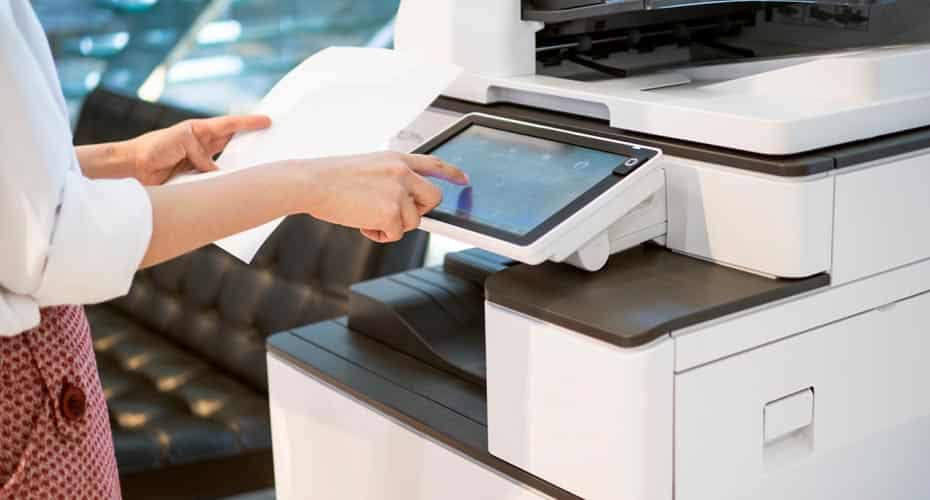Commercial copying is a great example of a high demand, low recognition business. Large volumes of copying, printing and document scanning are required by businesses and companies, big and small, day-to-day. Entering this market can be a little murky when it comes to what you need and how to ensure your business is successful. Here is a brief guide to it all.
1. Register your business
As a new business in Australia, you will need to register an Australian Business Number (ABN). You will likely also wish to register and trademark your company name. Most importantly in this process, you will need to decide on your business structure. The main forms of this are:
- Sole trader
- Partnership
- Joint venture
- Company
Each has its own pros and cons depending on your business model. Likely, as a start-up business, you will register as a sole trader or partnership rather than as a company at first. But, as always, it is best to research and seek advice before making these decisions.
2. Get your contracts and company policies in order
Regardless of your business structure, it is important to form a strong legal framework first. This will likely involve forming the contracts that you present to employees, clients and consumers. Within these, you need to ensure that terms and conditions are consistent with the law and protect you from possible liabilities. These would include workplace policies, contractor agreements and insurance policies for your business.
3. Leasing a premise
Given that commercial copying is a large-scale business, you will likely need a large space to work in. Commercial size printers, if you haven’t seen one before, are huge.
Unless you have a strong investment backing you, it is likely you will need to license a premise rather than purchase one outright. When doing so, it is important to understand and comply with property law. In Australia, most residential properties have covenants (conditions) over the property that prevents a business from being run from within it.
Likewise, it is likely some conversion may be necessary within the property to ensure it functions as a workspace and properties often have restrictions on these too. Contacting a real-estate lawyer is the best way to make sure you avoid any of these issues.
4. Purchasing your copy machine(s)
These are the bread and butter of your business, so take the most care here. Commercial size copying machines are expensive and there are many factors to consider when purchasing however many you feel you need. Consider:
- What kind of machine or machines do you need? These a large variety out there, so decide what and how many will suit your needs best.
- How you’ll finance it. Will you take out a loan, lease it or do you already have the funds for it?
- The warranty. Keep hold of any documents and familiarise yourself with your rights as a business consumer under Australian law (this is the Sale of Goods Act 1923 (NSW) in New South Wales for instance)
- Insurance. While some rights are protected, you never know what could happen. Without them, your whole business could halt.
- Training. No matter how many employees you have, proper training will be necessary to use these machines.
Conclusion
As with any new business, many, many factors come into play when starting. Here are the brief key points to consider for a commercial copying business, but more exist and will emerge as you go. Seeking advice on the process is always advised, and with Lawpath’s resources it’s easier than ever.





